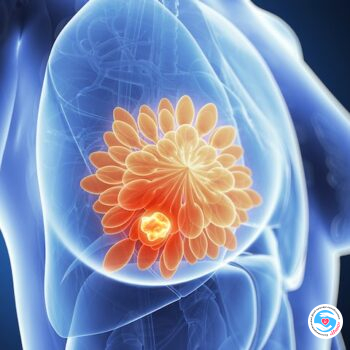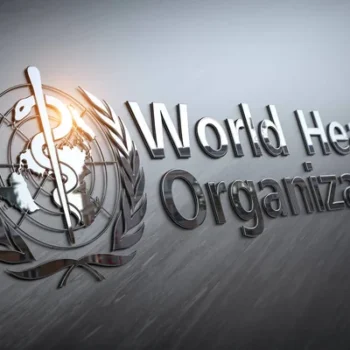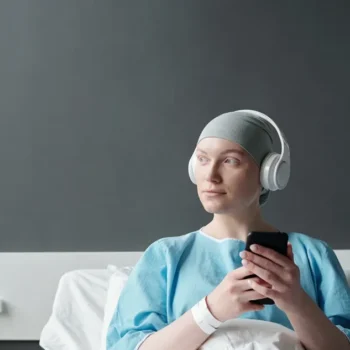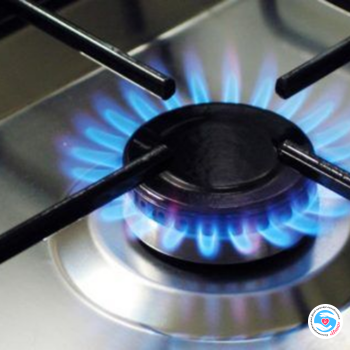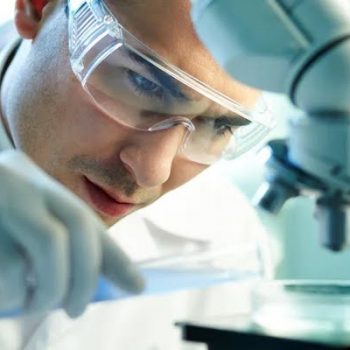
Being a medical professional is not easy. Seeing and feeling the pain of your patients every day, treating sick people, and sometimes realising your helplessness in trying to help is hard! Especially if we are talking about people with very serious or fatal diseases. And oncological diseases are just such diseases.
It is especially difficult for medical oncologists! After all, cancer, alas, is still not fully understood, and therefore there is no clear way to solve the problem, and therefore the treatment often does not have a positive effect. Nevertheless, the result of patients’ fight against cancer depends on the correct approach of medical specialists to their work.
On the official UN website, the staff of the Inna Foundation were impressed by an essay about the daily routine of Tina Dahl, a nurse working in the oncology department of Rigshospitalet Hospital (Copenhagen, Denmark).
Today, oncology nurses have an ever-increasing range of tasks: they monitor and treat patients, refer patients to oncologists, answer questions and provide them with information in a comprehensible way. Tina Dahl tries to learn a lot about her patients, their innermost thoughts and fears, and how they are coping with the disease. She always tries to encourage them so that they can relax a little.
Tina usually sees 90 patients for the full six months of their course of treatment. She says she sometimes spends more time with her patients than with her family.
“The nurse is the main support person for the patient. It’s very important for me to meet patients in a suitable environment, so that I can observe their behaviour and establish a good rapport with them from the start,” she says of her job. “Some patients come in having already read the information in detail and are depressed. Others know almost nothing and don’t ask questions, and they need to be counselled in detail about every stage of treatment. My task is to create a favourable atmosphere for the patient so that they find the strength to fight the disease“. Tina notes that people are very different, but she believes that each of us has an inner reserve of strength that helps us in times of need. Having worked with cancer patients for 20 years, she knows well how to help them start helping themselves. “It’s important to make time for relaxed dialogue – it helps people find the strength to fight. We work with difficult, serious things, but at the same time life doesn’t have to stop,” Tina believes. “Motivating others is not as easy as it seems, and it’s all the more rewarding when we succeed,” says the nurse. “When we are able to do it – fortunately, quite often – it means we have done our job conscientiously. Of course, there are times when our patients die of cancer. It’s very difficult.”
Tina Dahl shares an important secret of her work: “We are often thanked for our work, and I think it’s all about taking the time and energy to be with our patients, to understand what is important to them and what their strengths and weaknesses are. You don’t have to do anything special – you just have to be there, listen and support them.

